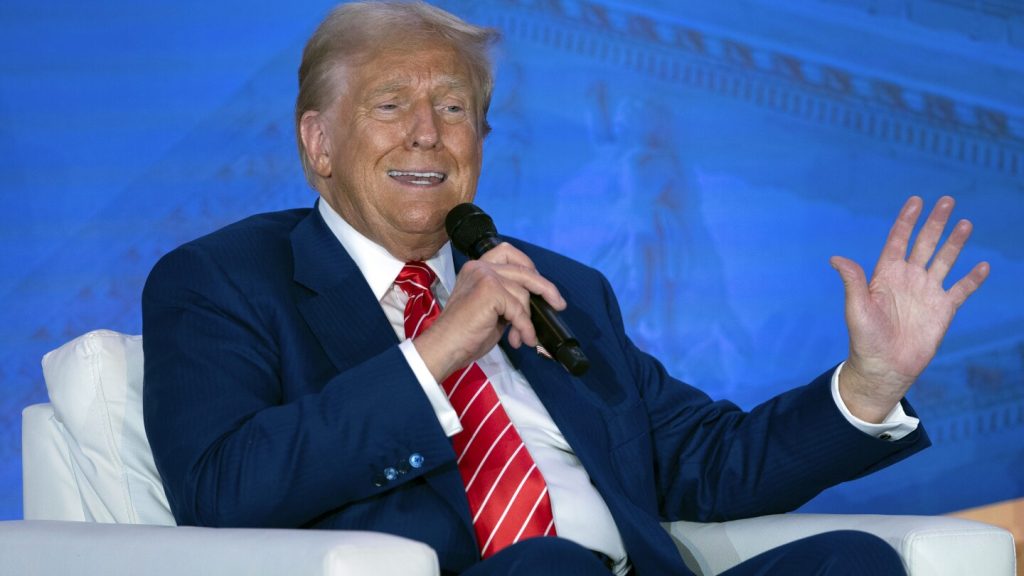A recent indictment filed by the U.S. Justice Department reveals that a media company linked to six conservative influencers, including Tim Pool, Dave Rubin, and Benny Johnson, was secretly funded by Russian state media employees to produce English-language videos that aligned with Kremlin interests. This marks the third consecutive presidential election in which Russian interference in U.S. politics has been exposed. The indictment sheds light on how Moscow may be leveraging the popularity of right-wing podcasters and content creators who gained prominence during Donald Trump’s presidency for its own political objectives.
The influencers themselves are not accused of any wrongdoing in the indictment, with some claiming they were unaware of the true source of the company’s funding. Following the announcement of the indictments, both Pool and Johnson took to social media to assert their innocence, with Rubin echoing their statements. While Pool referred to Putin as a “scumbag,” Johnson explained that he had been approached by a media startup a year ago and had entered into a standard business deal that was later terminated.
The individuals charged with conspiracy to commit money laundering and violating the Foreign Agents Registration Act are Kostiantyn Kalashnikov and Elena Afanasyeva, who are currently at large. These allegations are the most detailed description of Russia’s efforts to influence U.S. elections using unwitting Americans, a tactic that has been a concern for U.S. officials ahead of the 2024 election. The indictment highlights the role of influencers in shaping public opinion and politics in the absence of disclosure requirements regarding funding sources.
Although the indictment does not explicitly name the Tennessee-based company involved, the description closely matches Tenet Media, an online media company with a network of conservative commentators who focus on Western political and cultural issues. The six main influencers affiliated with Tenet Media have a combined following of over 7 million subscribers on YouTube and social media platforms, attracting audiences with their conservative viewpoints and controversial commentary. Critics have accused some of these influencers of spreading political misinformation.
The indictment also reveals that the influencers received significant compensation for their work, with one contract reportedly including a $400,000 monthly fee, a signing bonus, and performance bonuses. Tenet Media’s shows have featured prominent conservative figures, and the company’s videos have garnered millions of views on YouTube. The influencers associated with Tenet Media, including Pool, Johnson, and Rubin, have established themselves as influential voices in conservative media circles, with connections to high-profile figures in politics and media.
The fallout from the indictment has raised questions about the influence of online content creators on political discourse and public opinion. As traditional media outlets face challenges and restrictions in advertising on social media platforms, influencers have emerged as key players in shaping political narratives. The lack of transparency regarding funding sources for influencers’ work has created uncertainty among the public about the sources behind online messaging. The indictment serves as a cautionary tale about the potential risks of foreign interference in U.S. politics through online influencers and the importance of transparency in media and political communications.


